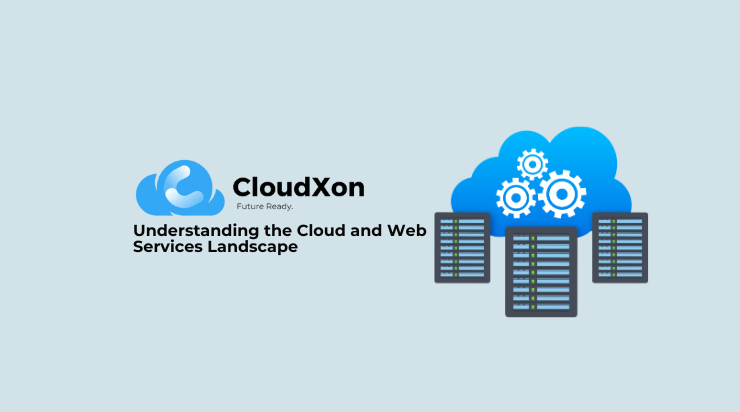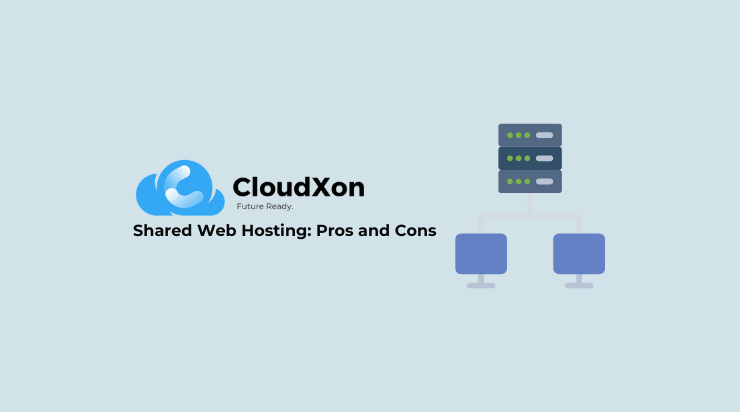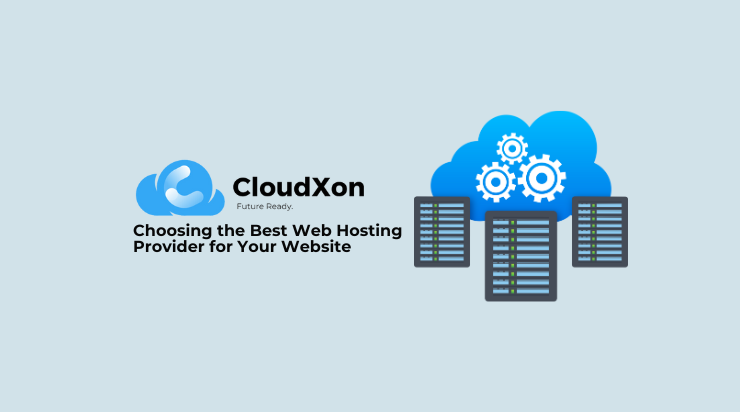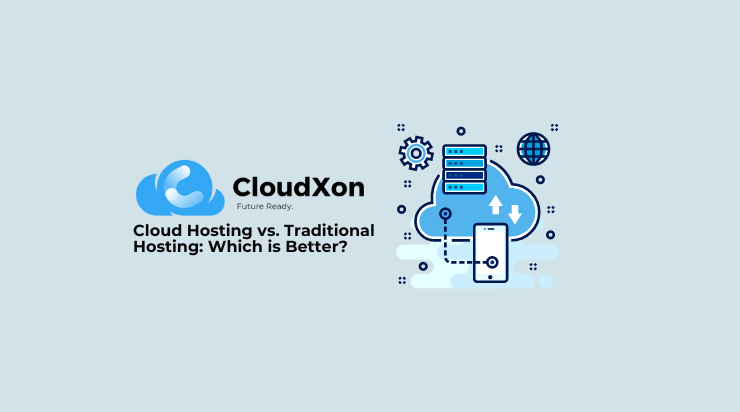In today’s digital era, cloud and web services have become integral to how businesses operate and innovate. These technologies offer scalable, flexible, and cost-effective solutions that enable organizations to streamline operations, enhance collaboration, and drive growth. This blog explores the cloud and web services landscape, delving into their components, benefits, and impact on various industries.
What Are Cloud Services?
Cloud services refer to a broad range of services delivered over the internet, including storage, computing power, databases, networking, and software applications. These services are typically categorized into three main types
Provides virtualized computing resources over the internet. Examples include Amazon Web Services (AWS), Microsoft Azure, and Google Cloud Platform (GCP). IaaS offers flexible and scalable infrastructure that eliminates the need for physical hardware.
Offers a platform allowing customers to develop, run, and manage applications without dealing with the underlying infrastructure. Examples include Google App Engine, AWS Elastic Beanstalk, and Microsoft Azure App Services. PaaS simplifies the development process by providing pre-configured environments.
Delivers software applications over the internet on a subscription basis. Examples include Google Workspace, Microsoft 365, and Salesforce. SaaS provides users with access to applications without the need for installation or maintenance.
What Are Web Services?
Web services are standardized ways of integrating web-based applications using open standards such as XML, SOAP, WSDL, and REST. They enable different applications from different sources to communicate with each other without time-consuming custom coding. Web services are crucial for enabling interoperability between disparate systems and platforms.
Key Components of the Cloud and Web Services Landscape
Cloud storage solutions like AWS S3, Google Cloud Storage, and Microsoft Azure Storage provide scalable and secure storage options for data of all types and sizes. These solutions offer redundancy, high availability, and easy access to data from anywhere in the world.
Cloud computing services such as AWS EC2, Google Compute Engine, and Azure Virtual Machines provide on-demand computing resources. These services allow businesses to run applications and processes without investing in physical servers.
Cloud networking solutions, including virtual private clouds (VPCs), content delivery networks (CDNs), and load balancers, enable businesses to connect and deliver their services efficiently and securely. Examples include AWS VPC, Google Cloud CDN, and Azure Load Balancer.
Development tools and environments offered by PaaS platforms, such as Google App Engine and AWS Elastic Beanstalk, simplify the application development lifecycle. These tools support various programming languages, frameworks, and libraries.
API management platforms like Apigee, AWS API Gateway, and Azure API Management help businesses create, publish, and manage APIs. These platforms ensure secure and scalable interactions between different services and applications.
Benefits of Cloud and Web Services
Cloud services provide the ability to scale resources up or down based on demand, ensuring optimal performance and cost-efficiency. This flexibility allows businesses to adapt quickly to changing needs and workloads.
By leveraging cloud services, businesses can reduce capital expenditures on physical hardware and lower operational costs. The pay-as-you-go pricing model ensures that companies only pay for the resources they use.
Cloud-based collaboration tools like Google Workspace and Microsoft Teams enable seamless communication and collaboration among team members, regardless of their physical location. These tools support real-time document sharing, video conferencing, and project management.
Cloud services offer high availability through redundant infrastructure and automatic failover mechanisms. This ensures that applications and data are always accessible, minimizing downtime and business disruption.
Leading cloud providers implement robust security measures, including data encryption, access controls, and regular security audits. These measures protect sensitive information and ensure compliance with industry regulations.
Cloud services provide access to advanced technologies like artificial intelligence (AI), machine learning (ML), and big data analytics. These technologies enable businesses to innovate rapidly and stay competitive in the market.
Impact of Cloud and Web Services on Various Industries
Cloud services support the secure storage and sharing of patient records, facilitate telemedicine, and enable advanced data analytics for research and diagnostics. Examples include electronic health record (EHR) systems and health information exchanges (HIEs).
Financial institutions use cloud services for secure data storage, fraud detection, risk management, and regulatory compliance. Cloud-based solutions also support the development of financial applications and services.
Retailers leverage cloud services to manage e-commerce platforms, analyze customer data, optimize supply chains, and enhance customer experiences through personalized marketing and recommendations.
Educational institutions use cloud services to deliver online learning platforms, support virtual classrooms, and manage administrative processes. Cloud-based tools facilitate collaboration among students and educators.
Manufacturers utilize cloud services to optimize production processes, manage supply chains, and implement IoT solutions for predictive maintenance and real-time monitoring of equipment.
Conclusion
The cloud and web services landscape has revolutionized the way businesses operate, offering scalable, flexible, and cost-effective solutions for a wide range of applications. By leveraging these technologies, organizations can improve efficiency, enhance collaboration, and drive innovation.
Understanding the components and benefits of cloud and web services is essential for businesses looking to stay competitive in the digital age. Whether you’re a startup aiming to scale quickly or an established enterprise seeking to optimize operations, adopting cloud and web services can provide the foundation for sustained growth and success.
As the cloud and web services landscape continues to evolve, staying informed about the latest trends and developments will be crucial for harnessing the full potential of these transformative technologies.
Discover Your Ideal Hosting Solution with CloudXon
Ready to choose your hosting plan? Contact us today to discuss your hosting requirements and find the perfect solution for your website.




